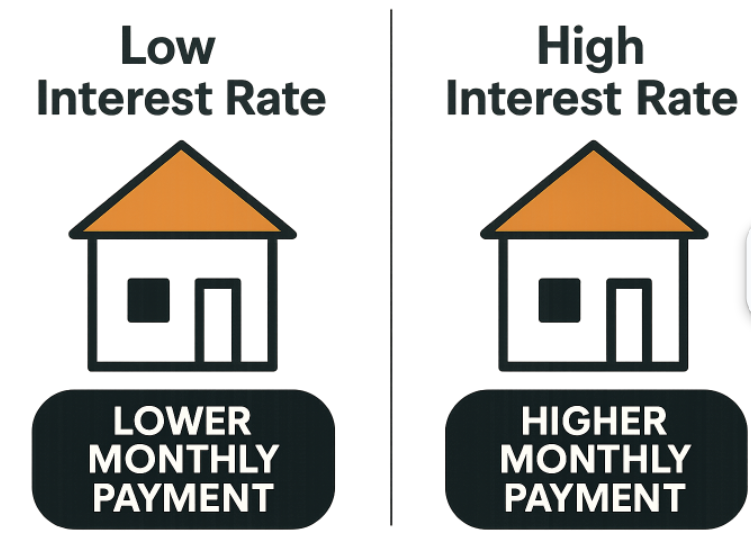Caring for your pets means nourishing them with the best food. When you bring home a cat or dog, you assume the responsibility of providing love and proper nutrition. Understanding what to feed them can feel daunting. Yet, expert veterinarians offer clear insights. A veterinarian in Fair Oaks, CA, notes that a balanced diet is essential for maintaining your pet’s health and overall well-being. Focus on providing your furry friends with fresh, protein-rich foods. Always consult your vet before making significant changes. They will guide you through the best choices for your pet’s age and breed. Remember, every pet is unique. While one might thrive on a grain-free diet, another might need supplements. Be mindful of portion sizes. Overfeeding leads to obesity, which can reduce lifespan and cause disease. By feeding your pets the right food, you ensure they lead joyous, fulfilled lives by your side.
Understanding Nutritional Needs
Pets have specific dietary requirements that differ significantly from those of humans. Cats are obligate carnivores. This means they require meat for essential nutrients. Dogs, on the other hand, are omnivores. They thrive on a combination of meat, vegetables, and grains. Recognizing these differences is the first step to making informed feeding decisions.
Choosing the Right Food
Choosing the right food involves considering your pet’s age, health, and activity level. Puppies and kittens need nutrient-dense food. This supports their rapid growth. Adult dogs and cats require maintenance diets that prevent obesity. Senior pets benefit from formulas designed for aging bodies. When selecting food, look for options with high-quality ingredients.
Comparing Dietary Needs: Cats vs. Dogs
| Nutrient | Cats | Dogs |
| Protein | High, from meat sources | Moderate, can be animal or plant-based |
| Fat | Essential for energy | Important, but less than cats |
| Carbohydrates | Limited requirement | Can handle moderate amounts |
Common Dietary Concerns
Pet obesity is an increasing issue. This can lead to diabetes, arthritis, and heart problems. Measuring food and avoiding excessive treats are key steps in preventing weight gain. Additionally, allergies can arise from common ingredients like chicken or grains. If you notice itching or digestive issues, consult your vet for allergy testing and dietary adjustments.
Supplements and Special Diets
Some pets may benefit from dietary supplements. For instance, glucosamine can support joint health in older dogs. Omega-3 fatty acids improve the condition of the skin and coat. Before adding supplements, discuss with your veterinarian. They will ensure they are safe and necessary.
Homemade Diets: Proceed With Caution
While homemade diets can seem appealing, they require careful planning to be nutritionally complete. According to the American Veterinary Medical Association, homemade diets often lack essential nutrients. Ensure recipes are vetted by a veterinary nutritionist to avoid deficiencies.
Water: The Overlooked Nutrient
Water is essential for your pet’s health. Cats are prone to urinary issues. Thus, encourage fluid intake by offering wet food or a cat fountain. Dogs should always have access to fresh water. Monitor their intake as changes may indicate health problems.
Conclusion
Your role in your pet’s nutrition is critical. By understanding their dietary needs and monitoring their health, you protect their well-being. Consult your veterinarian regularly to adapt their diet as necessary. With the right care, your pets will enjoy vibrant lives full of energy and joy.




